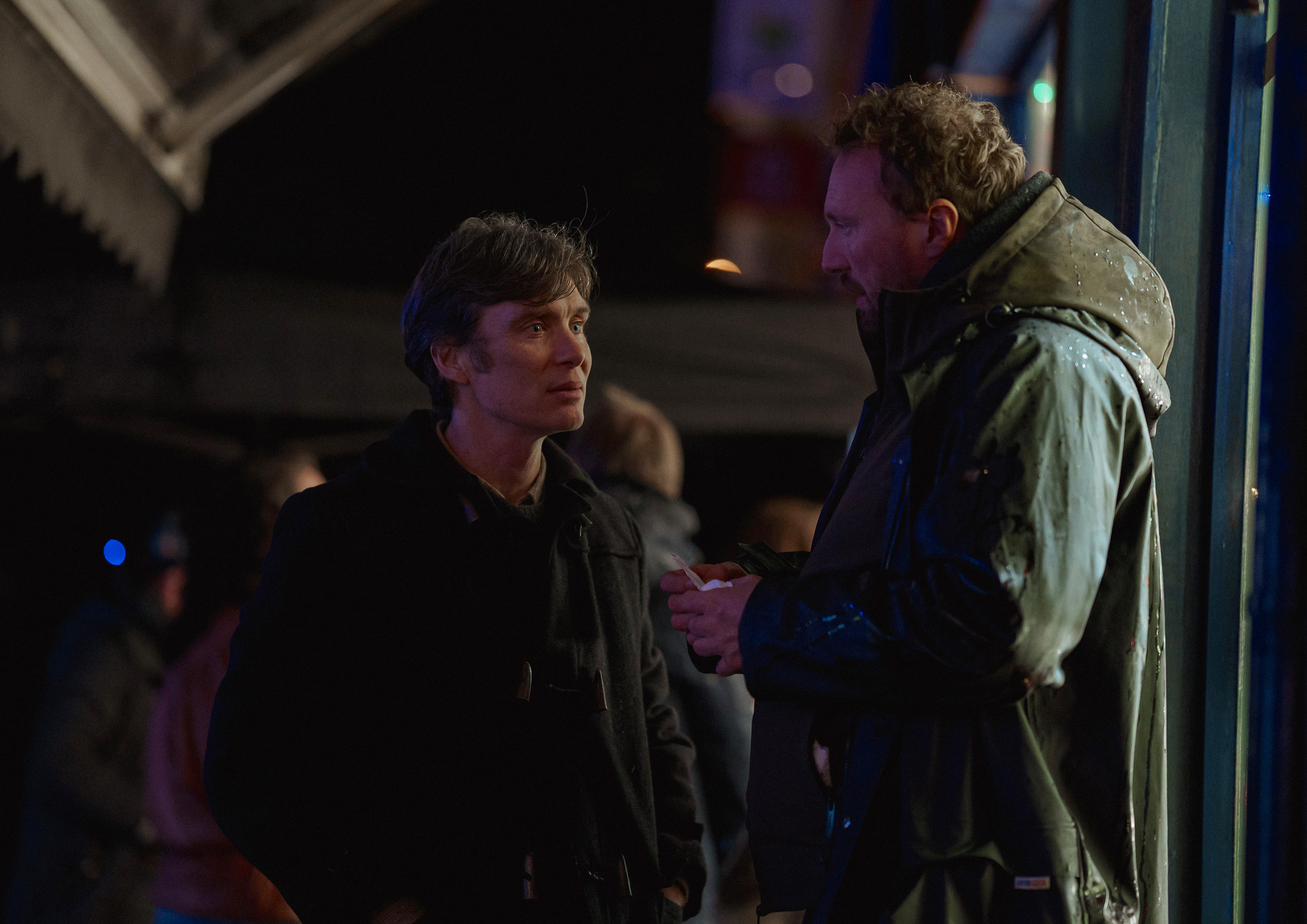Elisa Giudici, TFE's frequent festival friend is in Berlin for the 74th annual Berlinale...
 SMALL THINGS LIKE THESE © Shane O'Connor
SMALL THINGS LIKE THESE © Shane O'Connor
by Elisa Giudici
"If you want to get on with life, sometimes you have to ignore things" Billy Furlong's wife remarks to him. It's 1985, and life in the Irish town of New Ross is modest yet dignified, for the most part. It's in the subtleties and the fine line between two worlds that the agony and suffering of Berlinale's opening film unfolds.
Adapted from Claire Keegan's novel, Tim Mielants' Small Things Like These portrays the story of a "soft-hearted man" named Billy (Cillian Murphy, teased by his wife for his unwavering tendency to aid those in need...
Billy isn't living in luxury himself. He's raising four daughters and occasionally grappling with the threat of poverty looming over the community, where some are forced to sell their homes. His small coal-selling business barely keeps afloat.
The film delves into the torment of a man who has built economic and emotional stability despite a tough upbringing. Tears often silently slip from Cillian Murphy's eyes. Unable to sleep at night, he watches passersby, wandering the streets. In his village, poverty lurks around every corner, contrasting sharply with the festive Christmas atmosphere approaching. Through fleeting glimpses of others' misery, Billy revisits his own, overshadowed by the realization of his comparatively immense but sorrow-coated fortune. Current Best Actor nominee Cillian Murphy beautifully embodies the character, conveying the inner turmoil of a man who, to protect his family's modest happiness, must overlook the poverty he narrowly escaped, all without uttering a word.
There is a poignant yet profoundly simple scene that perfectly encapsulates the film. Billy is walking down the street, Christmas just around the corner. Suddenly, he sees a young boy stealing milk from a bowl left outside, perhaps intended for stray cats. The scene carries a Dickensian undertone (coincidentally, Dickens' books were Christmas gifts for Billy as a child) but with a twist. The power of the scene lies entirely in Murphy's reaction shot, where one can discern his surprise, horror, and the gradual realization that the boy could be him.
Similarly, the relationship with his four daughters is both tender and painful. He is a loving father trying to make their lives as beautiful as possible. However, they seem incapable of understanding because they cannot fathom how much better their lives are compared to their father's, who, in turn, is much luckier than his peers in the present and the past. Luckier, yet full of loss: a coat covered in spit, a mother unable to fathom her own son's desires. Murphy's performance is commendable, aided by Mielants' carefully crafted albeit occasionally tad theatrical shots.
 SMALL THINGS LIKE THESE © Shane O'Connor
SMALL THINGS LIKE THESE © Shane O'Connor
Unfortunately the film falters in its narrative thread involving young Sarah, a girl abandoned by her mother at the convent where Billy sells coal. The girl's hardships and the nun's harshness are merely hinted at, only to be revealed at the film's close as the true essence, albeit in a confusing manner. However you can't resist the allure of an evil nun, especially when portrayed by Emily Watson, however unterutilized she is here.
Coupled with the somewhat contrived twists within childhood flashbacks, Small Things Like These' latter scenes veer into the realm of the Good Samaritan sermon. They disrupt the narrative just as it has gained momentum, moments before Billy faces the consequences of defying "these nuns who have fingers in every pie."